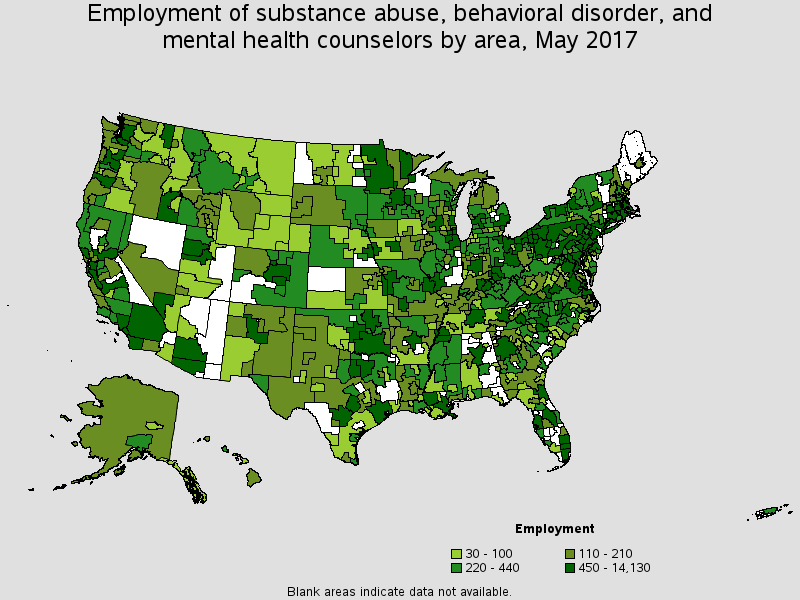People can experience various kinds of mental diseases or conditions, and they can often occur at the same time. Mental disorders can take place over a short time period or be episodic. This suggests that the psychological disease comes and goes with discrete starts and ends. Mental disorder can also be ongoing or long-lasting.
A few of the main types of psychological health problem and conditions are listed below; however, this list is not extensive. Individuals with stress and anxiety disorders respond to particular things or situations with worry and dread or horror. Stress and anxiety conditions include generalized stress and anxiety disorder, social anxiety, panic attack, and fears. Attention-deficit/hyperactivity condition (ADHD) is among the most typical youth psychological disorders.
Individuals identified with ADHD may have problem paying attention, controlling impulsive habits (may act without considering what the result will be), or be overly active. Behavioral disorders include a pattern of disruptive habits in children that last for a minimum of 6 months and cause problems in school, in your home, and in social situations.
While bad state of minds prevail, and generally pass in a short period, people suffering from state of mind disorders deal with more constant and extreme signs. Individuals dealing with this mental health problem discover that their mood effects both psychological and psychological wellness, almost every day, and frequently for much of the day.
With correct medical diagnosis and treatment, the majority of those dealing with mood conditions lead healthy, typical and productive lives. If left neglected, this illness can impact function performance, quality of life and many lasting physical illness such as diabetes and cardiovascular disease. Consuming disorders involve compulsive and sometimes distressing thoughts and habits, including Decrease of food intake Overindulging Sensations of depression or distress Concern about weight, body shape, bad self-image Typical kinds of consuming disorders include anorexia, bulimia, and binge eating.
Personality disorders consist of antisocial personality disorder and borderline personality condition. An individual can get PTSD after living through or seeing a traumatic event, such as war, a cyclone, physical abuse, or a severe accident. PTSD can make somebody feel stressed out and afraid after the danger is over. People with PTSD may experience symptoms like reliving the occasion over and over, sleep problems, become very upset if something triggers memories of the event, continuously looking for possible threats, and changes in emotions like irritation, outbursts, helplessness, or feelings of feeling numb (what is a community mental health center).
How To Become A Licensed Mental Health Counselor Things To Know Before You Get This
They might also reveal indications of messy thinking, confused speech, and muddled or unusual motor habits. An example of a psychotic disorder is schizophrenia. Individuals with schizophrenia might likewise have low inspiration and blunted emotions. Compound use conditions happen when frequent or duplicated usage of alcohol and/or drugs triggers substantial disability, such as illness, special needs, and failure to fulfill major responsibilities at work, school, or house.
Examples consist of intoxicated driving deaths and drug overdoses. Mental illnesses and substance utilize disorders typically happen together. In some cases one disorder can be a contributing element to or can make the other worse. Often they simply occur at the exact same time.
Mental health refers to cognitive, behavioral, and psychological well-being (how to write progress notes mental health examples). It is all about how people think, feel, and behave. Individuals sometimes utilize the term "mental health" to suggest the absence of a mental illness. Psychological health can impact day-to-day living, relationships, and physical health. Nevertheless, this link likewise operates in the other instructions.
Looking after mental health can maintain a person's ability to enjoy life. Doing this includes reaching a balance in between life activities, duties, and efforts to achieve psychological strength. Conditions such as stress, depression, and anxiety can all impact mental health and interfere with an individual's routine. how to take a mental health day. Although the term psychological health remains in typical use, numerous conditions that medical professionals recognize as psychological conditions have physical roots.
We also explain the most typical kinds of mental illness, including their early signs and how to treat them. Psychological health conditions are one of the leading reasons for impairment in the U.S.According to the World Health Company (WHO): "Mental health is a state of well-being in which a private recognizes his/her own capabilities, can handle the regular tensions http://trevoryudo925.simplesite.com/447164586 of life, can work proficiently, and is able to make a contribution to his or her neighborhood." The WHO stress that psychological health is "more than simply the absence of psychological disorders or impairments." Peak psychological health is Drug Rehab Center about not just avoiding active conditions but also looking after ongoing wellness and happiness.
In the United States, the National Alliance on Mental Disease price quote that practically 1 in 5 adults experience mental health problems each year. In 2017, an approximated 11.2 million adults in the U.S., or about 4.5% of grownups, had an extreme mental condition, according to the National Institute of Mental Health (NIMH). Everyone has some threat of developing a psychological health disorder, no matter their age, sex, earnings, or ethnicity.
The 6-Minute Rule for Which Mental Health Providers Can Prescribe Drugs And Order Medical Tests?

and much of the industrialized world, mental illness are among the leading causes of special needs. Social and monetary scenarios, biological factors, and lifestyle options can all form an individual's psychological health. A big proportion of people with a mental health condition have more than one condition at a time.
The following factors may add to psychological health disruptions. Having actually restricted monetary ways or belonging to a marginalized or maltreated ethnic group can increase the risk of psychological health disorders. A 2015 study of 903 families in Iran recognized numerous socioeconomic reasons for psychological health conditions, including hardship and living on the borders of a big city.
Flexible factors for psychological health conditions include: socioeconomic conditions, such whether work is readily available in the local areaoccupationa person's level of social involvementeducationhousing qualityNonmodifiable factors include: The research study lists gender as both a modifiable and nonmodifiable factor. The scientists discovered that being female increased the threat of low mental health status by 3.96 times.
The NIMH suggest that hereditary household history can increase the possibility of psychological health conditions, as certain genes and gene variations put an individual at higher risk. Nevertheless, many other factors contribute to the advancement of these conditions. Having a gene with links to a mental health disorder, such as anxiety or schizophrenia, does not guarantee that a condition will develop.
Psychological health conditions such as stress, depression, and anxiety may develop due to underlying, life-altering physical illness, such as cancer, diabetes, and chronic discomfort. The most typical kinds of mental health problem are as follows: According to the Anxiety and Depression Association of America, stress and anxiety disorders are the most common type of mental disorder.
Many people with a stress and anxiety disorder will try to avoid exposure to whatever activates their stress and anxiety. Examples of anxiety conditions include: The American Psychiatric Association define GAD as disproportionate concern that interferes with daily living. Individuals might likewise experience physical symptoms, includingrestlessnessfatiguetense musclesinterrupted sleepA bout of anxiety signs does not always need a specific trigger in people with GAD.
4 Easy Facts About What Is Mental And Emotional Health Described
A person Drug Detox with GAD may in some cases feel anxiety with no trigger at all. Individuals with a panic condition experience regular panic attacks, which include unexpected, frustrating horror or a sense of impending disaster and death. There are different kinds of phobia: These may include an out of proportion fear of specific objects, scenarios, or animals.
